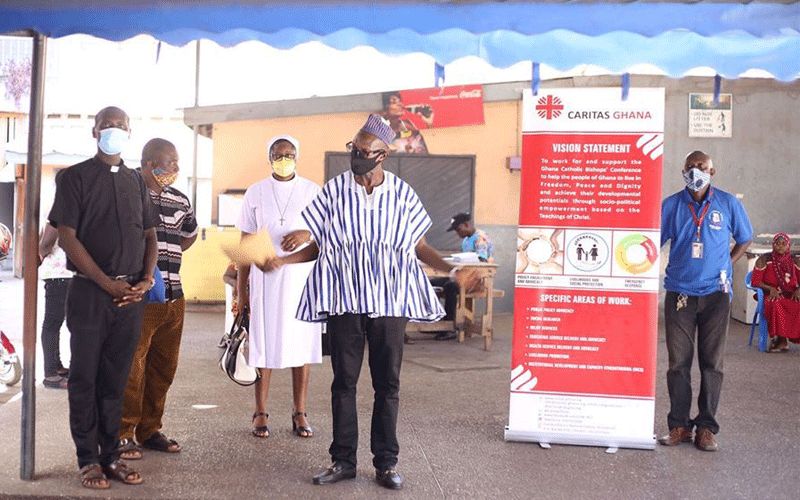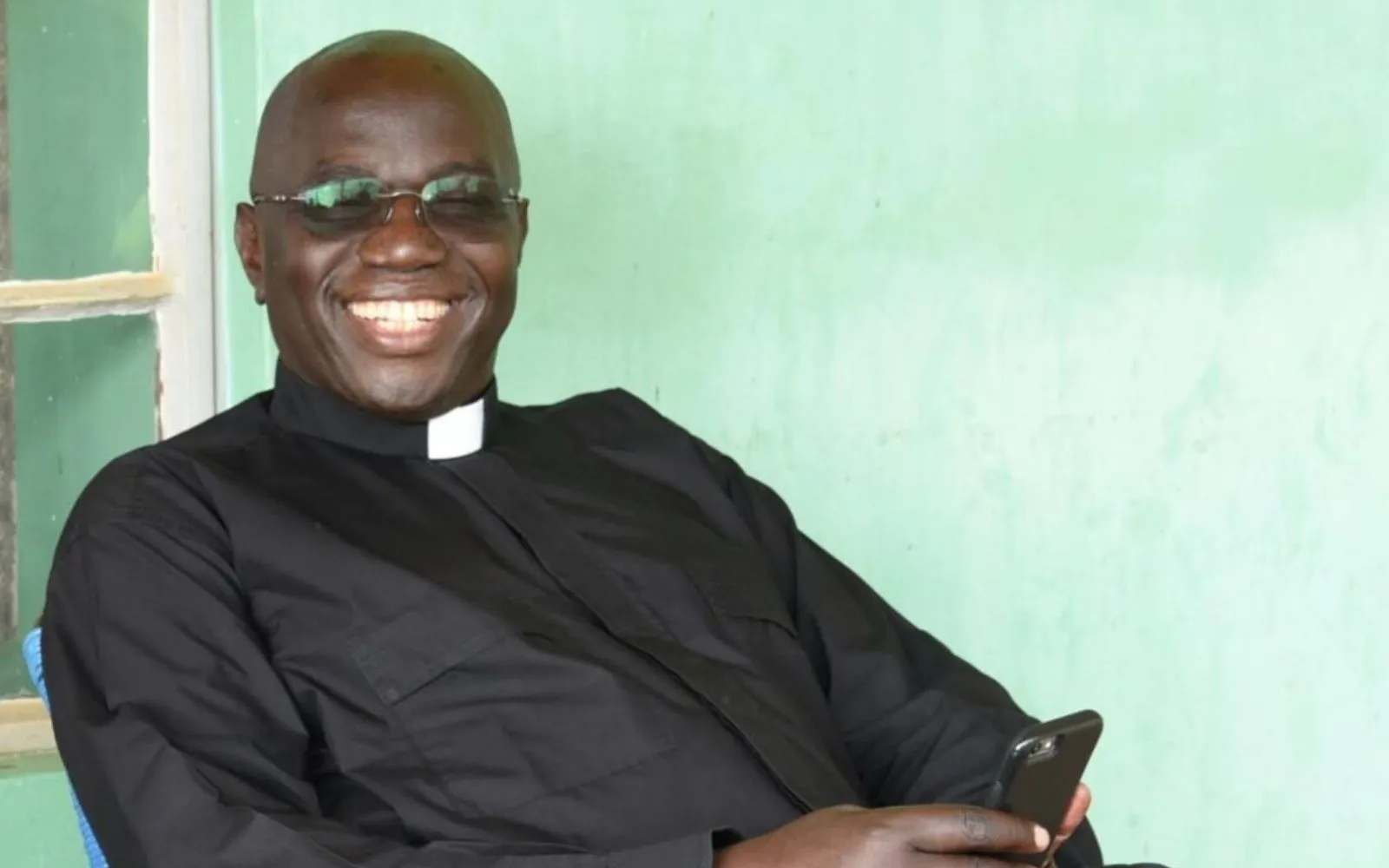“I am happy that Caritas Ghana can accompany and resettle them in their respective home communities. This is an opportunity to retrain them in new skills for more decent jobs in the future,” the Caritas official said.
The displaced squatters also received cash with support from Star Ghana Foundation of up to GHc200 ($80).
Old Fadama is a slum area located at Agbogbloshie, Accra which was renamed “City of God” by the Catholic Archdiocese of Accra to replace what was popularly known as Sodom and Gomorrah.
The "City of God Project" is one of the several social service interventions provided by the Church. The slum area is home to over 150,000 slum dwellers mostly poor and vulnerable who are scrap dealers, motorbike riders and head porters also known as “Kayayei.”
Yussif Alhassan Antabayim, the leader of the part of Old Fadama that was demolished told ACI Africa correspondent that the demolitions presented a double tragedy for the slums residents.
(Story continues below)
“We thank Caritas Ghana for the humanitarian gesture, because the demolition of our houses by the Accra Metropolitan Assembly was a double agony for us. It had actually made it difficult for us to adhere to the social distancing directives,” said Mr. Antabayim.
He narrated that a few weeks before the demolition, residents who had been left homeless from the fire incident had moved in with other families, causing congestion in the single-roomed wooden structures.
The destruction exercise has also been condemned by many Ghanaians as well as civil society organizations in the country.
The Minority Spokesperson on Communications in Ghana’s Parliament, A. B. A Fuseini, upon a visit to the area on April 16, stated that the demolitions beat logic in a country that was encouraging people to stay at home in order to avoid COVID-19 infections.
“If you demolish someone’s house and you ask the person to stay home, where will the person stay,” he asked, calling on the Accra Metropolitan Assembly to exercise discretion in this particular matter.
Acknowledging the illegality of the settlement, Fuseini noted that “the status of the slum dwellers should not be reduced to that of animals” and called for humane treatment for the displaced squatters.
Some of the displaced squatters are now calling on the government to help them go back to their homes, away from the slum.
“We want to go back to our hometowns because now we are not working and, in this place, you pay for everything,” Mohammed appealed in an interview with ACI Africa correspondent.
He added, “At our hometowns, we will at the very least get a place to sleep. Our parents and other relatives will also help us survive until the lockdown in Ghana is over.”








